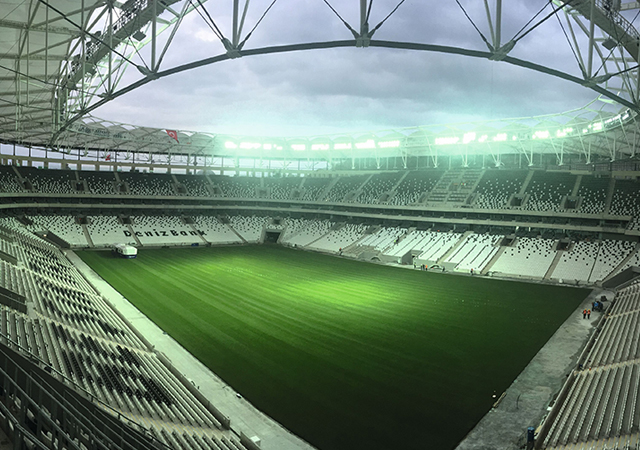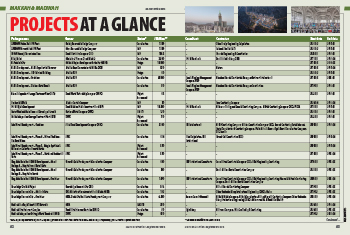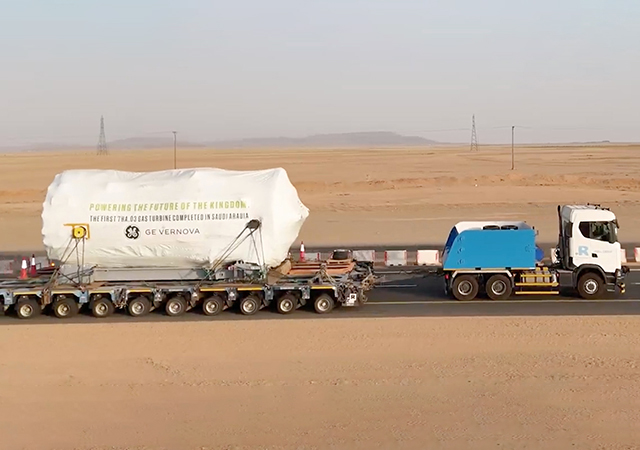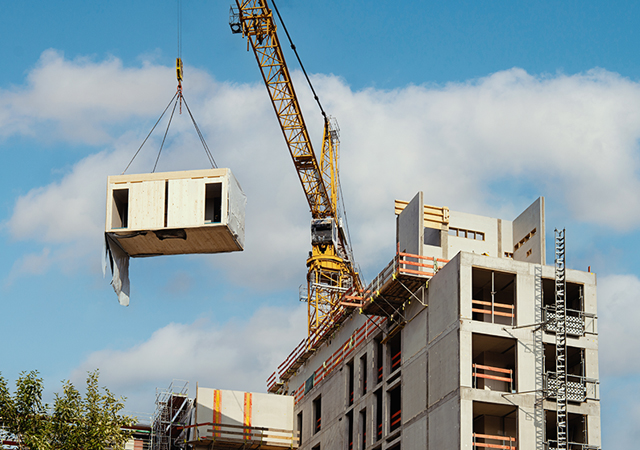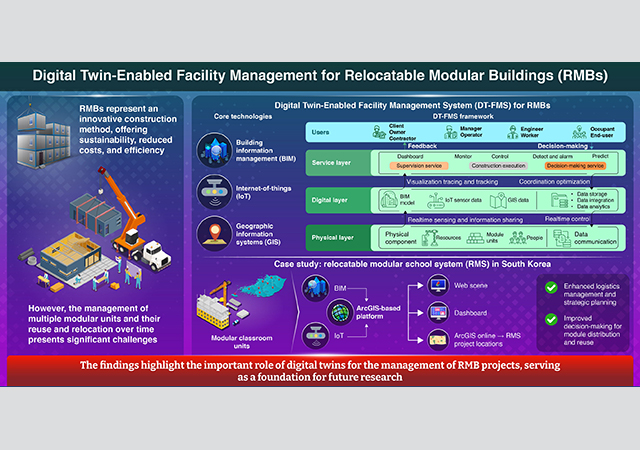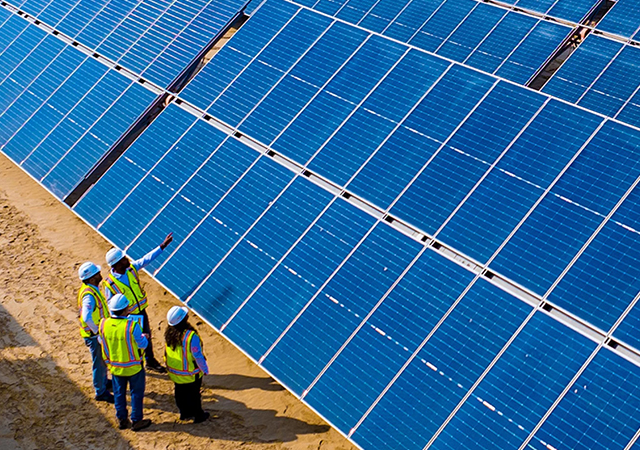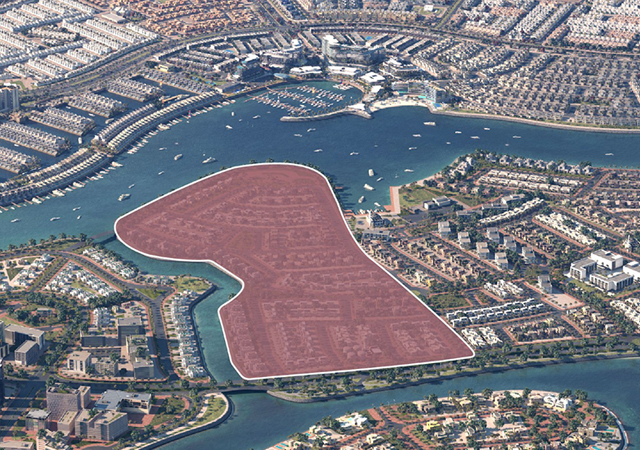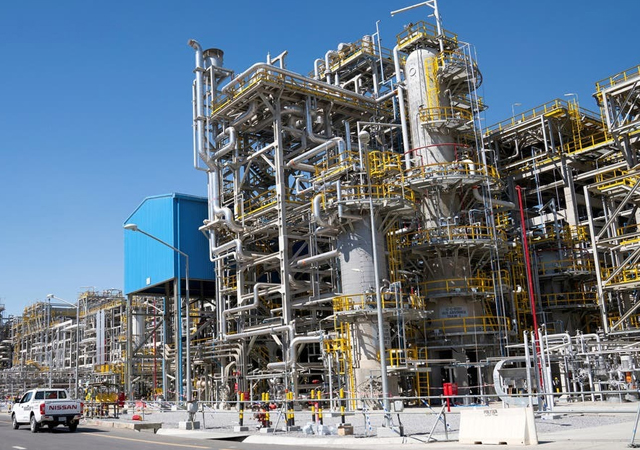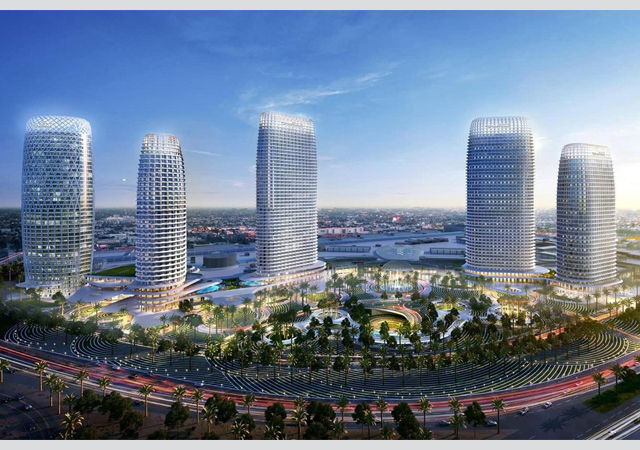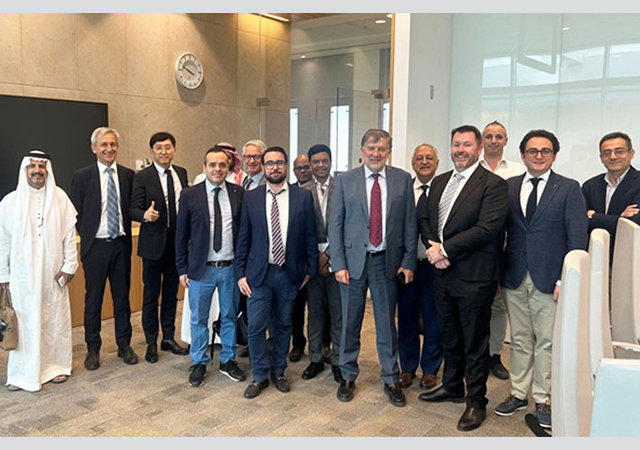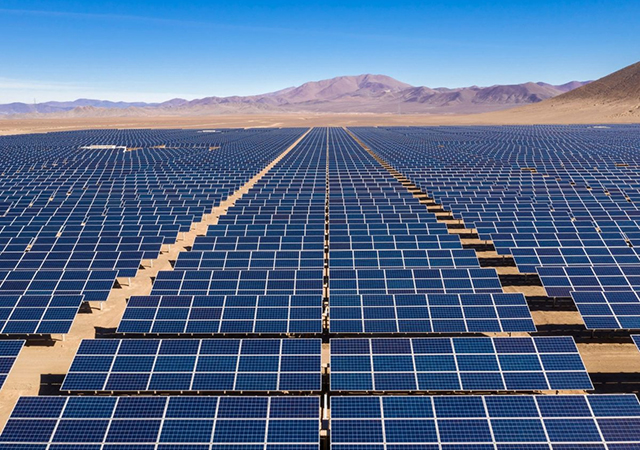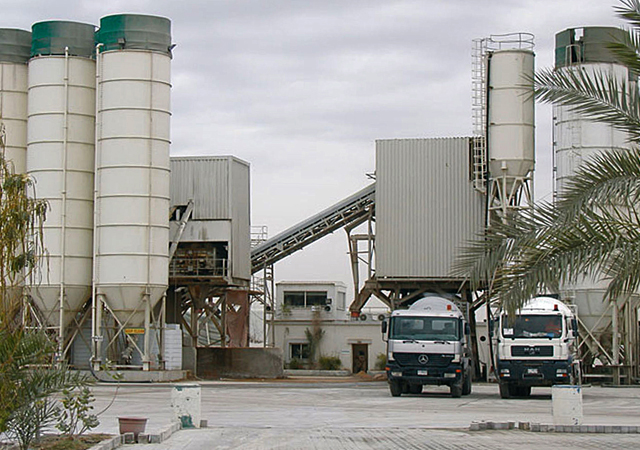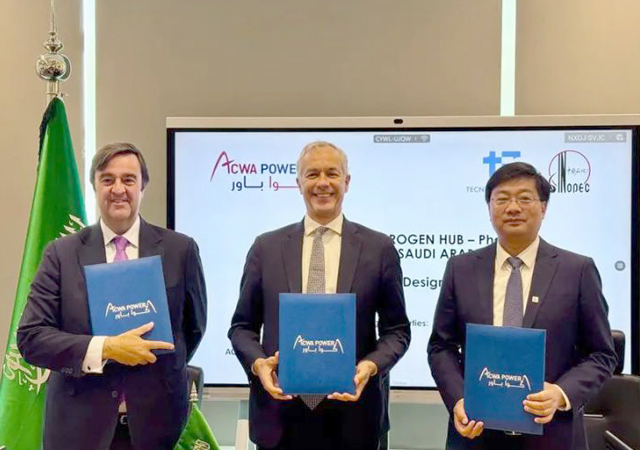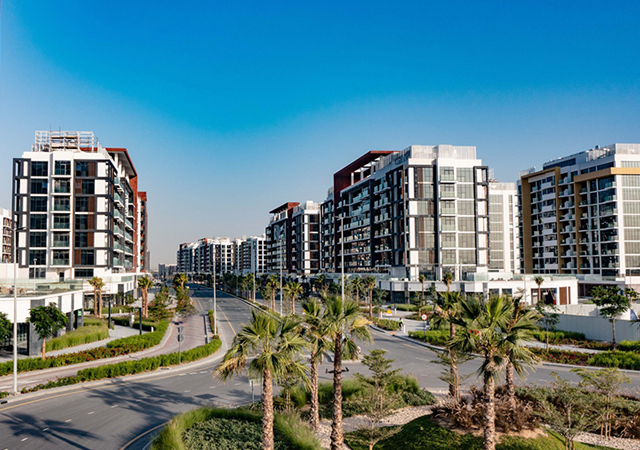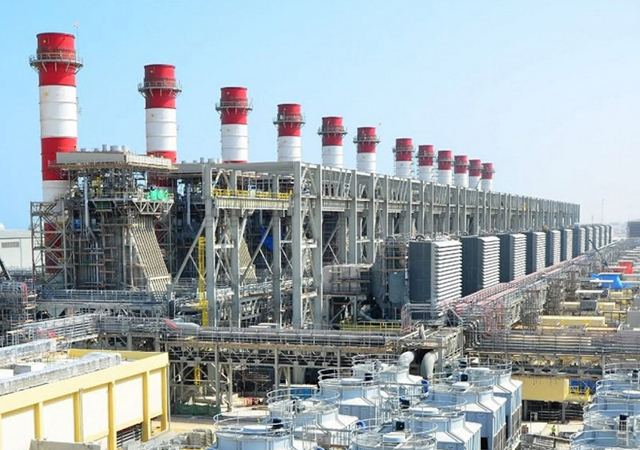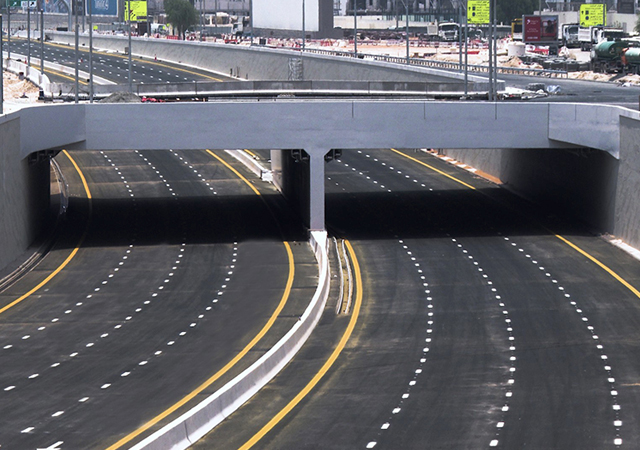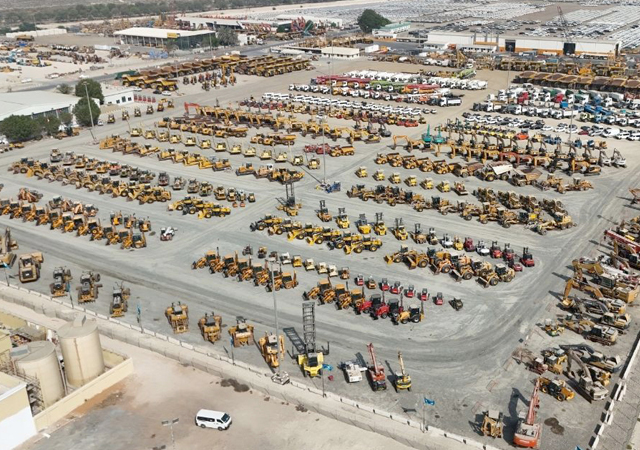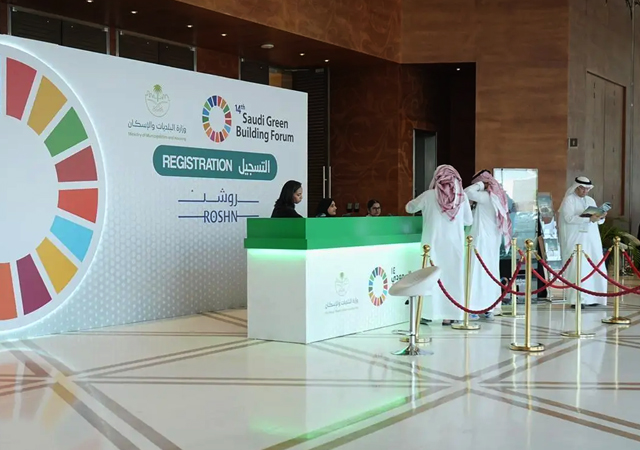
 Jordan ... no one can have escaped having to deal with Covid-19.
Jordan ... no one can have escaped having to deal with Covid-19.
A recently-issued decision of the Saudi Arabia Supreme Court has changed (or clarified) the rights and obligations of parties contracting under Saudi Law. The announcement of Decision Number (45/M) on 08/05/1442H (December 23, 2020) is of particular importance to our industry, as it deals with the impact of the Covid-19 pandemic.
No one in our industry can have escaped having to deal with Covid-19, whether in tendering, pricing and negotiating contracts, or in dealing with claims and disputes arising from them. Since the onset of Covid-19, we have looked at the ways Gulf jurisdictions generally approach unforeseen and uncontrollable events affecting performance of a contract – in particular the recognition of force majeure (“Emergencies”) and Economic Hardship. This new decision builds on those principles and offers detailed guidance to lower Saudi courts on the way contracts should be interpreted.
The decision will only apply to contracts:
• Which were entered into before the onset of the pandemic and continued during its impact;
• Where performance has been directly affected by the pandemic, and not by other factors;
• Where the impact of the pandemic was unavoidable; and
• Where the parties have not waived or settled their entitlements arising from the pandemic.
In relation to those qualifying contracts, the decision provides:
1. In relation to increased supply chain costs, the contractor is entitled to a price increase but only to the extent that the prices have risen beyond normal market conditions. The contractor must handle price increases below that threshold. And if prices do increase above that threshold, the owner might be entitled to terminate the contract.
2. In relation to shortages of good and materials, the contractor’s obligation to supply those goods and materials can be reduced from the contracted quantities.
3. In relation to the unavailability of goods and materials, the contractor’s obligation to supply those items can be suspended for the period of unavailability but, if such unavailability substantially harms the other party, that party might be entitled to a termination of the contract.
4. In relation to delay to progress or completion caused by the pandemic, the contractor’s obligation to proceed can be suspended – but again this is balanced by a right for the owner to call for termination of the contract if the suspension causes substantial harm.
This guidance provides plenty of scope for questions. Before we even get to the detail, we have to ask: do we know of any ongoing construction contracts that have been directly affected by the pandemic but by nothing else? If there were other performance failures by either party or external factors such as bad weather, the contract does not appear to qualify at all. Where, for instance, culpability for overall delay is shared, this looks like a tough call for the contractor to try to take advantage of this decision.
The reference to price rises beyond normal market conditions is also interesting. Since normal market conditions entail price fluctuation, does the new interpretation trigger as soon as a price increase, however small, can be attributed to the pandemic – or does it need to be an exceptional rise? And what about contracts which already have price escalation provisions? Is this applicable to individual input prices or can increases in some items be offset against decreases in other prices (oil? labour?) for which demand has fallen? I am also not sure about the difference between shortage and unavailability of goods.
Is this decision big news? It is being reported as allowing the Saudi courts to amend existing contract obligations. I agree, but courts in Saudi Arabia and in other Gulf jurisdictions will already modify or disapply agreed contract provisions where those provisions contravene basic mandatory legal principles – and they will already intervene to change the outcomes from the operation of agreed provisions. In particular, the principles of Economic Hardship are already well-established. Unlike codified Gulf jurisdictions, there is no private sector legislation on Economic Hardship in Saudi Arabia but Article 68.3 of the Procurement Law (dealing with government contracts) allows a contractor to seek a price increase where there have been “material difficulties during the execution of the contract that could not have been expected”.
In my view, the decision is largely a corollary of existing principles, to give more legal certainty on this live issue and, thereby, to reduce the scope for disputes. Its success in that objective remains to be seen. Questions around competing causes of delay, direct and indirect consequences of the pandemic, and “beyond market” price increases are sure to feature in future disputes.
And, as before, this decision needs to be weighed against the express terms agreed in the contract to deal with force majeure, Change in Law and related terms.
* Stuart Jordan is a partner in the Global Projects group of Baker Botts, a leading international law firm. Jordan’s practice focuses on the oil, gas, power, transport, petrochemical, nuclear and construction industries. He has extensive experience in the Middle East, Russia and the UK.






